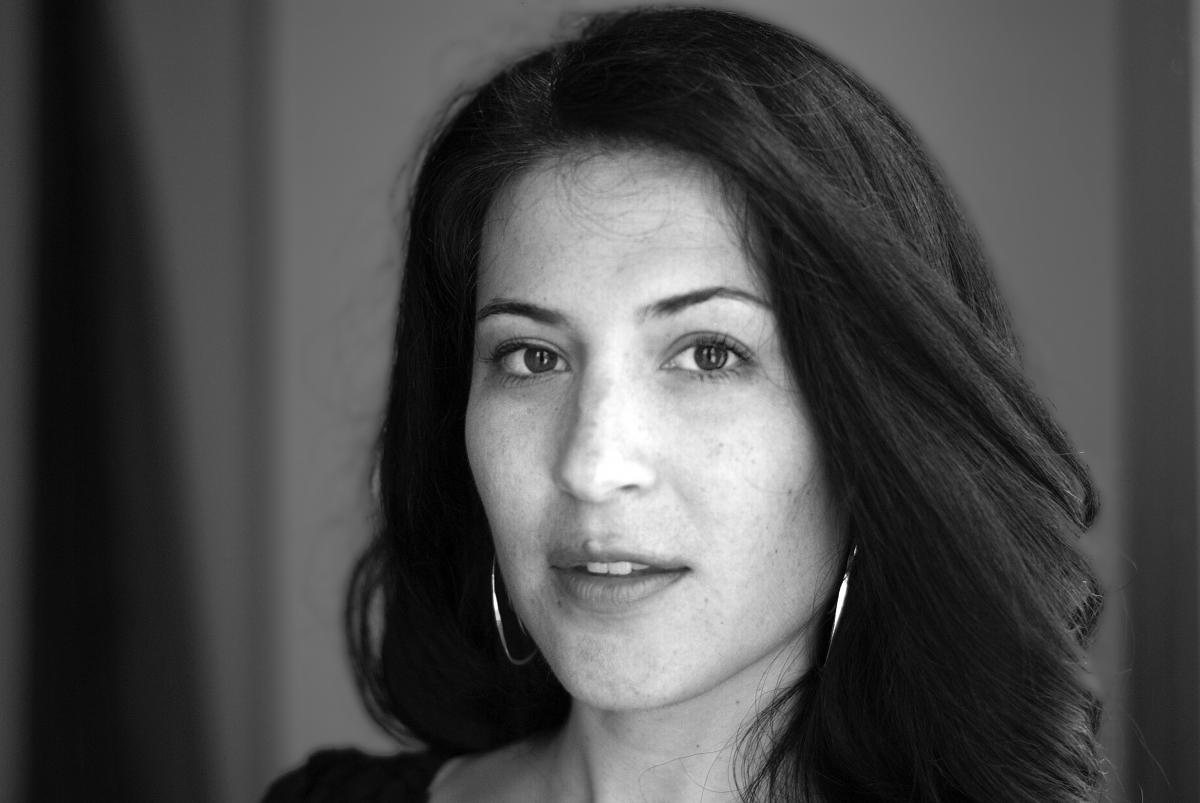 I first came across the work of Ada Limón on Good Reads, and later on the Twitter page of Kaveh Akbar, poet and fervent reader. I was, at first, unsure of what drew me in more closely: the book’s cover or its contents. After having read the first few poems in earnest, I’ll confess that it was the former, the book’s cover, which intrigued me, and the latter, the book’s contents, which held my interest.
I first came across the work of Ada Limón on Good Reads, and later on the Twitter page of Kaveh Akbar, poet and fervent reader. I was, at first, unsure of what drew me in more closely: the book’s cover or its contents. After having read the first few poems in earnest, I’ll confess that it was the former, the book’s cover, which intrigued me, and the latter, the book’s contents, which held my interest.
The poems I found most fascinating were “During the Impossible Age of Everyone,” “The Rewilding,” “Down Here,” and “How Far Away we Are.” If not only for their wonderful narrative language, I love Limon’s poems for the moments in which they reveal themselves. In the first poem mentioned, “During the Impossible Age of Everyone,” there were many lines that I found particularly beautiful; for example: “There are so many people who’ve come before us, / Look out at the meadow, you can almost see them, generations dissolved in the bluegrass.” (1-4) Further down the page, on the 8th line, Limon writes: “This fence is a good fence, but I doubt my own haywire will hold up to all this blank sky, so open and explicit.” (8-9) Both lines leave me asking why Limon chose the words she did, words like “dissolved,” “bluegrass,” “open,” and “explicit.” At these points the poem seems to open up and become more a poem about history and realization and less about those mundane moments Limón renders so beautifully.
The next poem I’d mentioned, “The Rewilding,” I enjoyed the 14th line, which read: “The day before me undresses in wet southern heat.” (14) In “Down Here,” I also enjoyed the wonderful description. Limón writes:
The dog does this beautiful thing,
It waits. It stills itself……
All the shouting before
was done out loud, on the street,
and now it’s done so shushing-ly. (1-9)
I love the words “still” and “shushing-ly.” (I also love the way Limón creates/divides the word “shushing-ly.” When I mentioned my love for “How Far Away we Are,” I was reacting, specifically, to the following lines: “I want to give you something, or I want to take something from you. But I want to feel the exchange.” (11-12) I can’t seem to distill what I enjoy most about these lines, but I can’t deny their weight.
